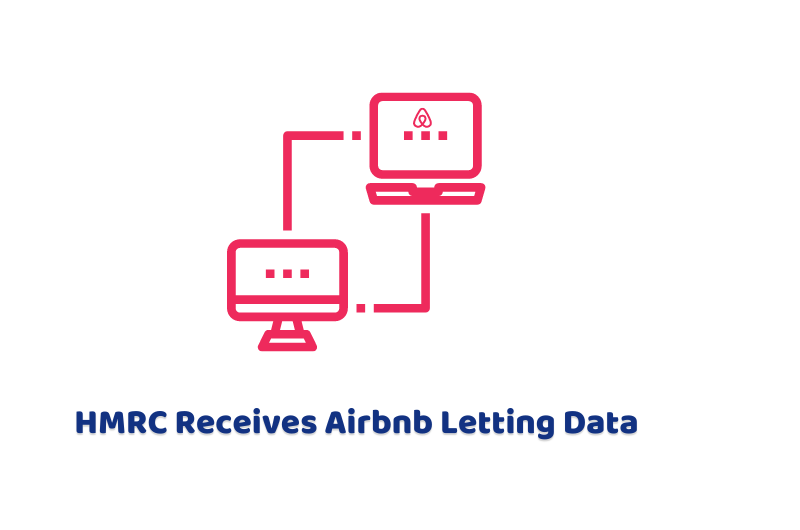Airbnb tax HMRC may come as shocking news to many landlords and Airbnb UK hosts after knowing that their earnings reports are shared with the HMRC. Are you also one of those people who are letting their property on Airbnb?
If he’s, you must know about how Airbnb shares or disclose your annual earnings with the HMRC. Because it can help you avoid any major penalty from this tax collecting institution.
In this blog, we will discuss Airbnb and how UK residents rent their property using this platform. Moreover, we will look in detail at the taxation on your host earnings when you let out your residential or other property for the purpose of making an extra income. So, let’s start!
Are you getting income from letting your property as a landlord via Airbnb, you need to take tax advice from the best tax advisors at the Accountingfirms to avoid tax evasion. Let’s discuss it on a call!
Airbnb and UK letting Industry
Airbnb is a digital marketplace where people or travelers are looking for places to live during their journeys or travel and vacations. It provides access to both the landlords and the travelers and plays the role of intermediary between them.
For this, it charges a minimal service fee. However, the hosts make earnings as a side hassle and earn profits. HMRC consists of this income as a part of the gig economy or miscellaneous income.
So, this is the reason HMRC considers it legal and a tax obligation of the hosts to mention that income on their annual tax returns.
What comes as a surprise is that HMRC has full access to the confidential information about your annual earnings completely. Therefore, there’s no way to camouflage your earnings or evade tax.
How Does HMRC Calculate Airbnb Tax?
While calculating Airbnb tax, HMRC puts the earnings in the category of miscellaneous or other income. So, your income tax will be accordingly.
In this, HMRC provides a trading allowance of £1, 000 on your income. If your annual income falls below this trading allowance threshold, you don’t need to add Airbnb income into your rad returns. Conversely, if your income is above this threshold, you will pay tax on it.
On the other hand, when you rent your property, you enjoy a rent-a-room Relief. It amounts to £7, 500 and Airbnb claims that the average income of a host is mostly less than this threshold.
You don’t need to worry about this tax as your income falls below this level of rent-a-room Relief.
That being said, it is crucial to mention that you will pay tax to HMRC as there’s no way to evade tax or provide inaccurate earnings due to the Airbnb and HMRC income disclosure agreement.
HMRC has access to the data for the previous 20 years. So, pay your taxes on time and accurately.
How To Pay Airbnb Tax?
Airbnb tax can be paid by the Let Property Campaign (LPC). It allows the UK residents to disclose their rental property and it is not applicable to non-UK residents. Moreover, if the property is being let out via a trust or any other institution other, the Let Property Campaign cannot be used to pay taxes.
One of the major benefits of using LPC is the reduction in the payment of penalties for whatever reason if you have non-reported or misreported earnings. So, it is recommended you use this channel for paying or disclosing your rental property and income from rent.
The Bottom Line
The bottom line is Airbnb and HMRC work in close collaboration in the UK. So, your earnings are no more confidential on this digital platform. You have to pay income tax after deducting trading or rent-a-room relief from your earnings. However, the rent-a-room is cut by half if you share your rental property with your property.
Airbnb income and submitting self-assessment tax returns might be stressful and tricky. Accountingfirms facilitate you in all your tax affairs. Give us a call or send us a message.
Disclaimer: All the information provided in this article on HMRC Airbnb tax, including all the texts and graphics, is general in nature. It does not intend to disregard any of the professional advice.

